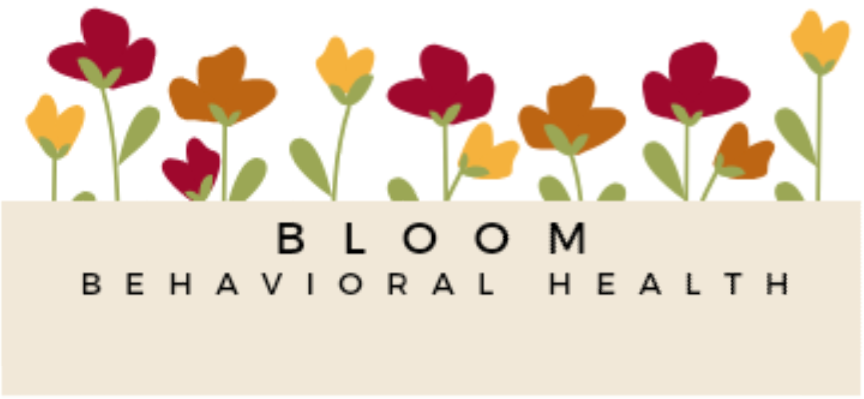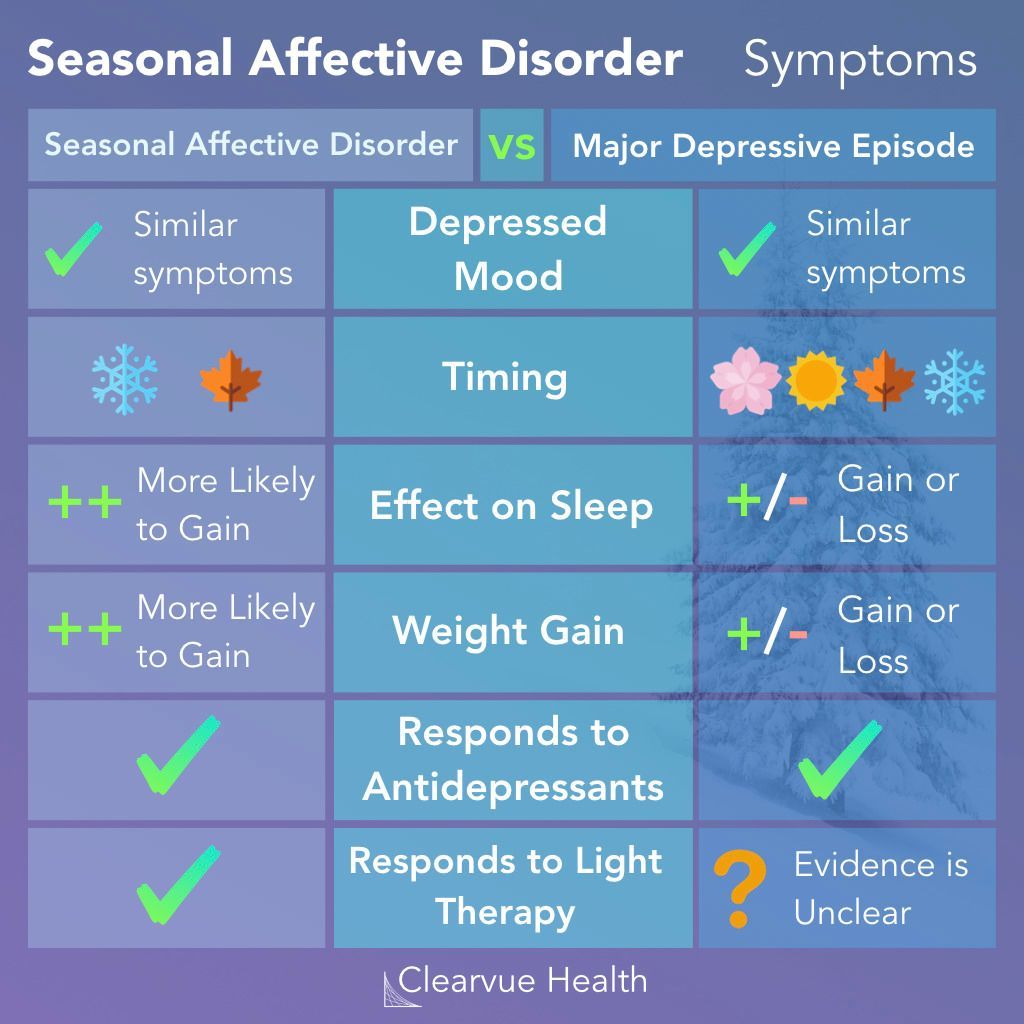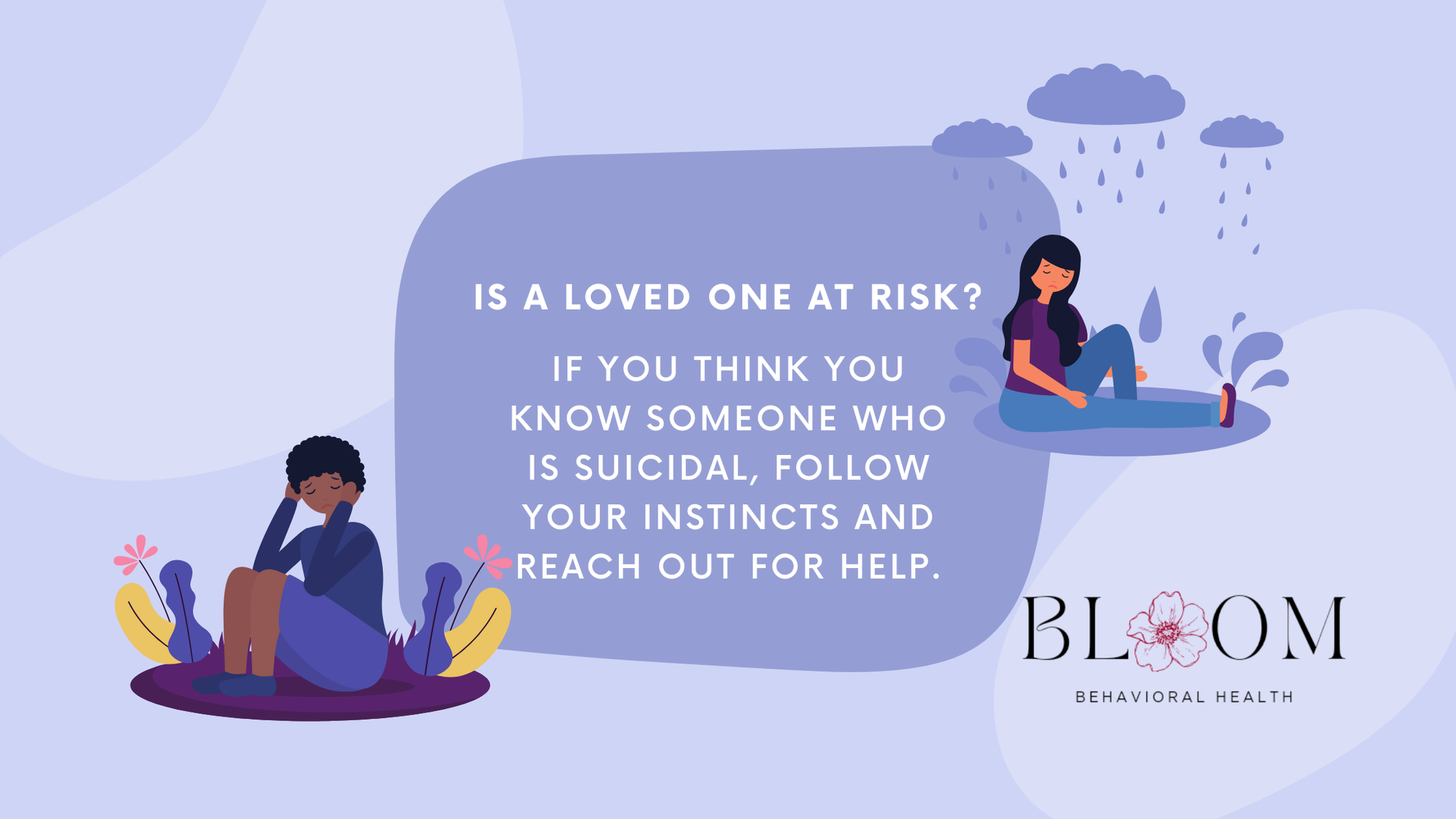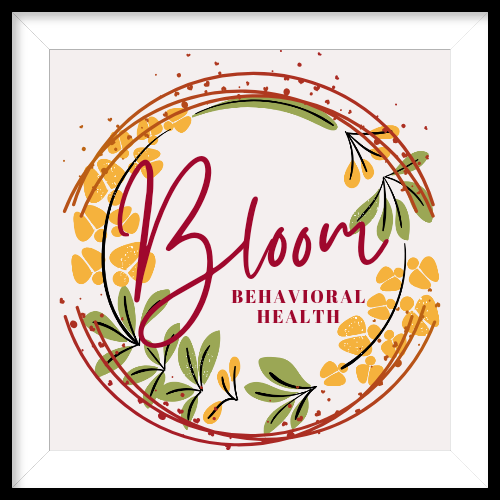It's the Most Wonderful Time of the Year... or is it?
Dealing with SAD (Seasonal Affective Disorder) During the Holidays
The holidays are often filled with joy, laughter, and family gatherings. But for some this time of year when the days get shorter and the nights get longer can bring about feelings of sadness, anxiety, and even depression. This could be due to Seasonal Affective Disorder (SAD), a type of depression related to the change in seasons.
What are the symptoms of SAD?
Symptoms of SAD typically start in the fall and continue into the winter months. Common symptoms include:
- Feeling depressed most of the day, nearly every day
- Losing interest in activities you once enjoyed
- Having low energy
- Having problems with sleep
- Experiencing changes in your appetite or weight
- Feeling sluggish or agitated
- Having difficulty concentrating
- Feeling hopeless, worthless, or guilty
- Having frequent thoughts of death or suicide
What causes SAD?
The exact cause of SAD is unknown, but it's believed to be related to a decrease in sunlight exposure. This can disrupt your body's internal clock and lead to a drop in serotonin and melatonin levels, two brain chemicals that affect mood.
How is SAD treated?
There are a number of effective treatments for SAD, including:
- Light therapy: This involves sitting in front of a special light box that emits bright light.
- Medication: Antidepressant medications can be helpful for some people with SAD.
- Psychotherapy: Talk therapy can help you learn healthy ways to cope with SAD.
- Lifestyle changes: Getting regular exercise, eating a healthy diet, and getting enough sleep can all help improve your mood.
Tips for Coping with SAD During the Holidays:
- Get as much sunlight as possible. Go for walks outdoors and sit near windows.
- Light Therapy: Consider using a light therapy box to mimic natural sunlight.
- Maintain a Regular Sleep Schedule: Ensure you're getting enough restful sleep, aim for 7-8 hours of sleep each night.
- Prioritize Healthy Eating: Nourish your body with a balanced diet.
- Stay Active: Engage in regular physical activity to boost your mood and energy..
- Connect with others. Spend time with loved ones and participate in activities you enjoy, especially around the holidays.
- Practice relaxation techniques. Yoga, meditation, and deep breathing can help reduce stress and improve your mood.
If you're experiencing symptoms of SAD, it's important to reach out for help. Talk to your doctor or a mental health professional. With the right treatment and self-care, you can manage your symptoms and enjoy the winter months.
Remember: You are not alone. Millions of people experience SAD each year. There is help available, and you can get better.
Bloom Behavioral Health: Nurturing your mind, empowering your life.








